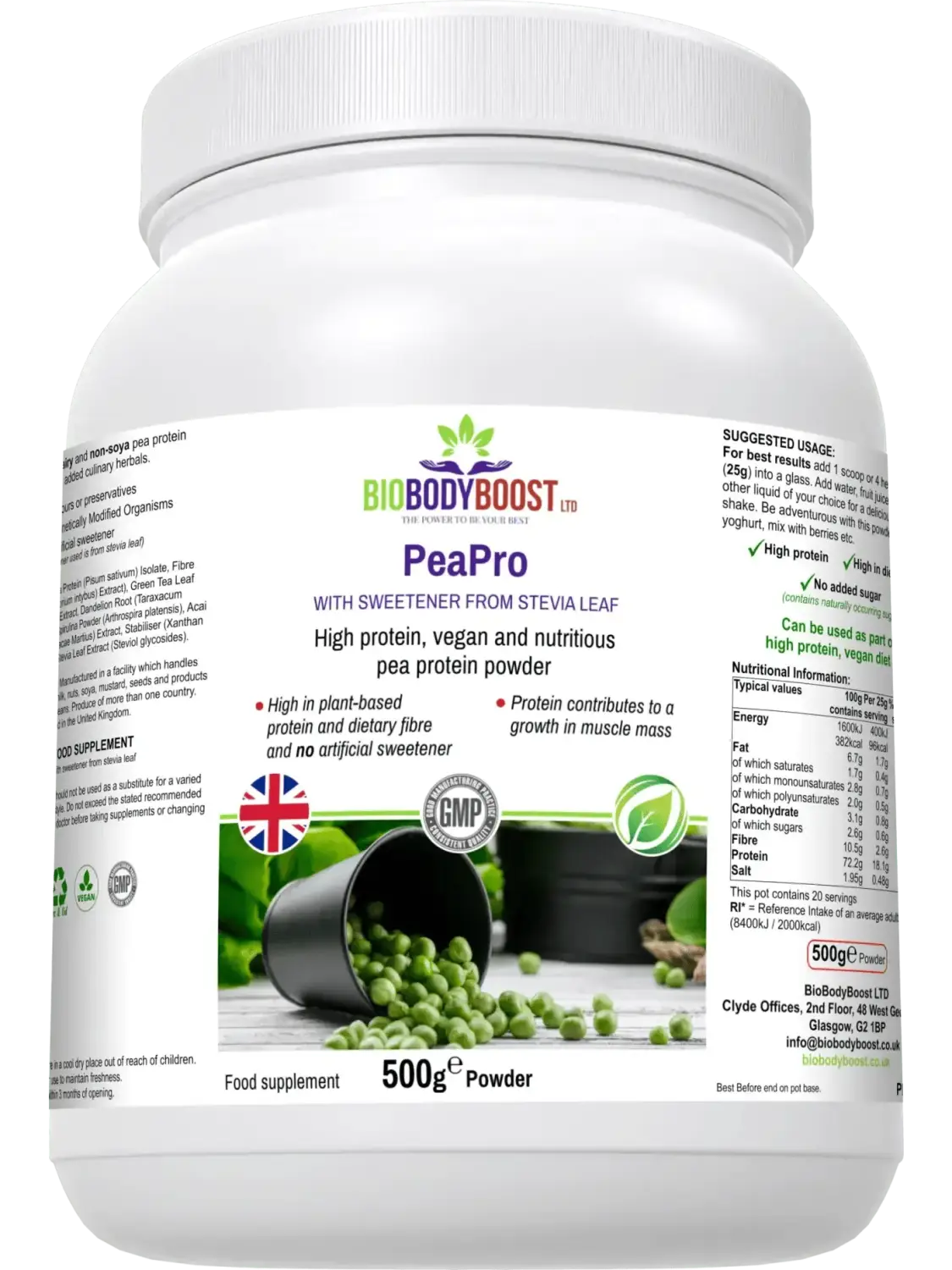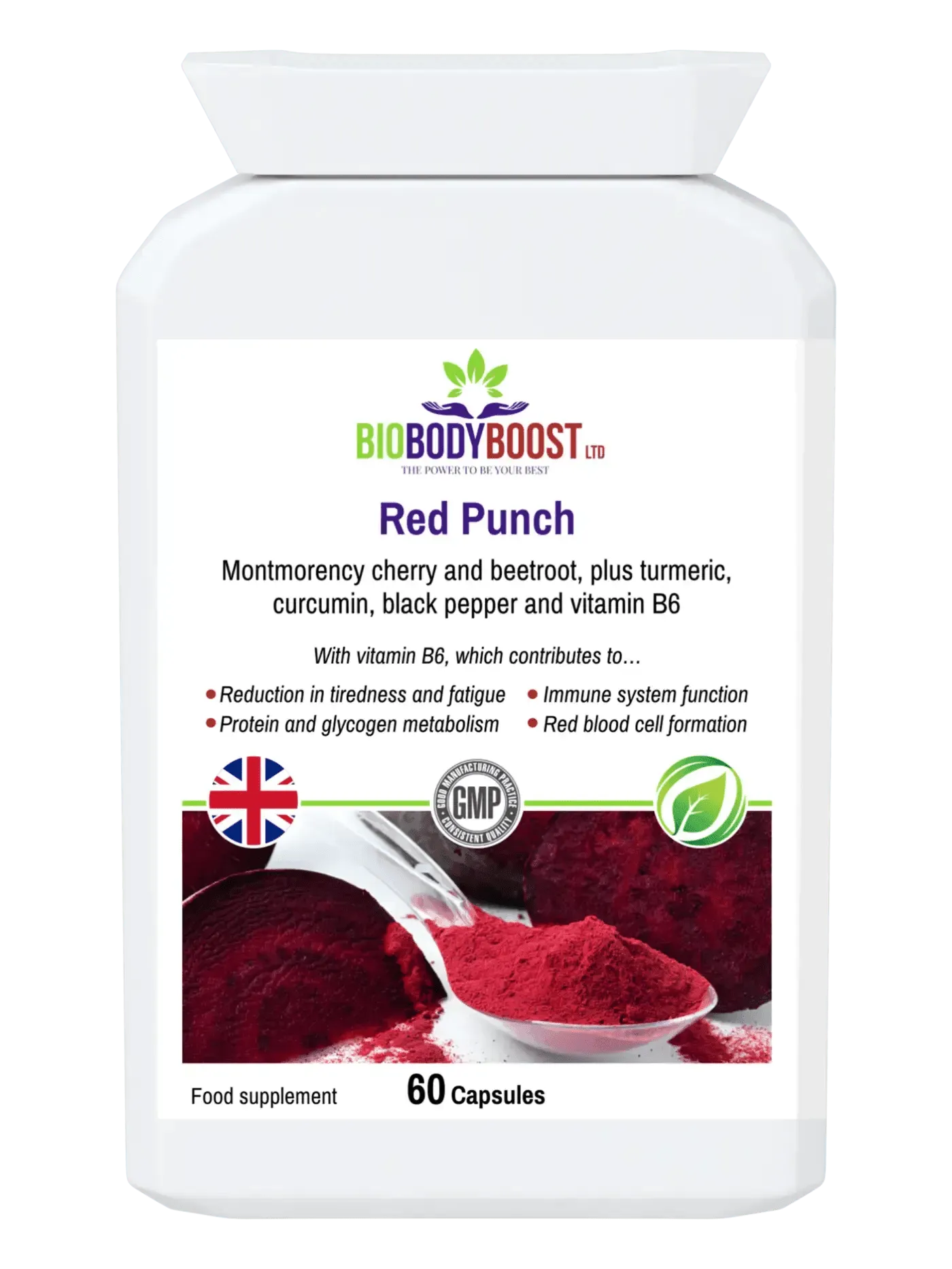In our fast-paced modern lives, maintaining a balanced diet often remains an elusive goal. Among the myriad components of nutrition, vitamins hold a pivotal role in ensuring our bodies function optimally. Understanding the significance of vitamins can empower you to make informed dietary choices. In this comprehensive guide, we'll delve into the roles of essential vitamins and how they integrate into our diets. Whether you're exploring options for vegan meal replacements or trying to boost your overall wellness, read on to fortify your nutritional knowledge.
What Are Vitamins and Why Are They Important?
Vitamins are organic compounds required in small quantities to sustain life. These micronutrients are crucial for numerous bodily functions, including metabolism, immunity, and overall cell function. Unlike macronutrients such as carbohydrates, proteins, and fats, vitamins do not supply energy (calories) directly but facilitate the biochemical processes that do.
Many vitamins are essential, meaning the body cannot synthesize them, and they must be obtained from food or supplements. In the UK, the role of vitamins is universally recognised by health professionals as fundamental to preventing deficiencies and promoting holistic health.
The Essential Vitamins: What They Do and Where to Find Them
Vitamin A
Function: Vital for vision, immune function, and skin health.
Sources: Found in foods like carrots, sweet potatoes, and spinach.
Vitamin B Complex
The B vitamins are a group of eight essential nutrients that play roles in energy production, brain function, and cell metabolism.
- B1 (Thiamine): Needed for energy metabolism. Found in whole grains, pork, and sunflower seeds.
- B2 (Riboflavin): Helps break down proteins, fats, and carbohydrates. Available in eggs, nuts, and green vegetables.
- B3 (Niacin): Supports digestive health. Present in turkey, chicken breast, and peanuts.
- B6 (Pyridoxine): Vital for mood regulation and reducing inflammation. Found in bananas, chickpeas, and fish.
- B12 (Cobalamin): Important for neurological function and DNA production, mainly in animal products like meat and dairy.
For those following a vegan lifestyle, obtaining enough B12 from diet alone can be challenging, making supplements like the Shake Me Up Vegan Chocolate Meal Shake for Wellness a convenient source.
Vitamin C
Function: An antioxidant that supports the immune system and skin health.
Sources: Abundant in citrus fruits, strawberries, and bell peppers.
Vitamin D
Function: Crucial for bone health as it aids calcium absorption.
Sources: While sunlight exposure is the primary source, foods like fatty fish and fortified cereals provide dietary vitamin D.
During the UK winter months, when sunlight can be scarce, considering vitamin D supplementation under healthcare guidance can be beneficial.
Vitamin E
Function: Acts as an antioxidant, protecting cells from damage.
Sources: Found in nuts, seeds, and green leafy vegetables.
Vitamin K
Function: Key for blood clotting and maintaining healthy bones.
Sources: Green leafy vegetables like kale and broccoli are excellent sources.
Do You Need Supplements?
When dietary intake is insufficient, supplements can be a useful adjunct to help meet nutritional needs. However, it's vital to approach supplements thoughtfully and understand they are not a substitute for a varied diet. Always consult with a healthcare professional before starting any new supplement regimen to tailor it to your personal health requirements.
For those following a plant-based diet, or if you're looking to boost your nutrient intake conveniently, consider the Shake Me Up Vegan Chocolate Meal Shake for Wellness from our store. This nutrient-rich shake offers an easy way to integrate vitamins into your daily routine.
The Risks of Vitamin Deficiency
Vitamin deficiencies can lead to a range of health issues. For example:
- Vitamin C Deficiency can cause scurvy, leading to anemia and gum disease.
- Vitamin D Deficiency can result in bone problems such as rickets or osteomalacia.
- Vitamin B12 Deficiency may cause pernicious anemia and neurological issues.
It's crucial to recognise the signs of deficiency early and address them through diet, and if necessary, supplements.
Optimising Your Vitamin Intake
Balanced Diet First
Aim to get most vitamins from whole foods, which offer a complex combination of nutrients and bioactive compounds that supplements alone cannot provide.
Incorporate Fortified Foods
Several foods are fortified with vitamins and can help fill nutrient gaps. Cereals, plant-based milks, and bread are often fortified with B vitamins and vitamin D.
Regularly Review Your Diet
Use dietary assessments to keep track of your food intake. This can be beneficial in recognising any persistent dietary shortcomings in vitamins.
Seek Professional Guidance
A nutritionist or dietitian can offer personalised advice based on your lifestyle, dietary preferences, and health goals.
Conclusion
Understanding the essential roles vitamins play in your diet is fundamental to promoting long-term health and wellness. By prioritising a balanced diet enriched with varied nutrient sources, and considering high-quality supplements like our Shake Me Up Vegan Chocolate Meal Shake for Wellness when necessary, you pave the way for a healthier lifestyle. For more information on promoting health and wellness through nutrition, explore our Bio Body Boost resources and product offerings tailored for your dietary needs.
Explore more about how you can incorporate essential vitamins into your diet by visiting Bio Body Boost for a range of products designed to complement your health journey.








0 comments